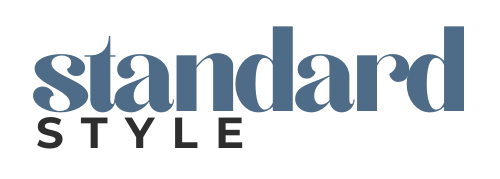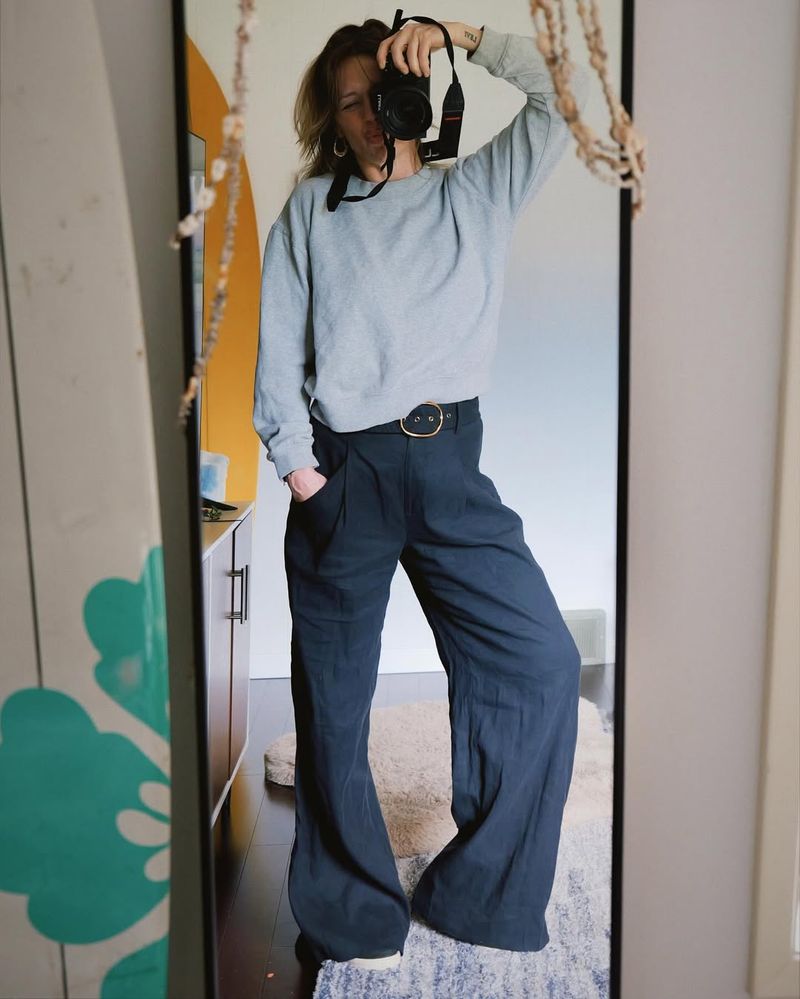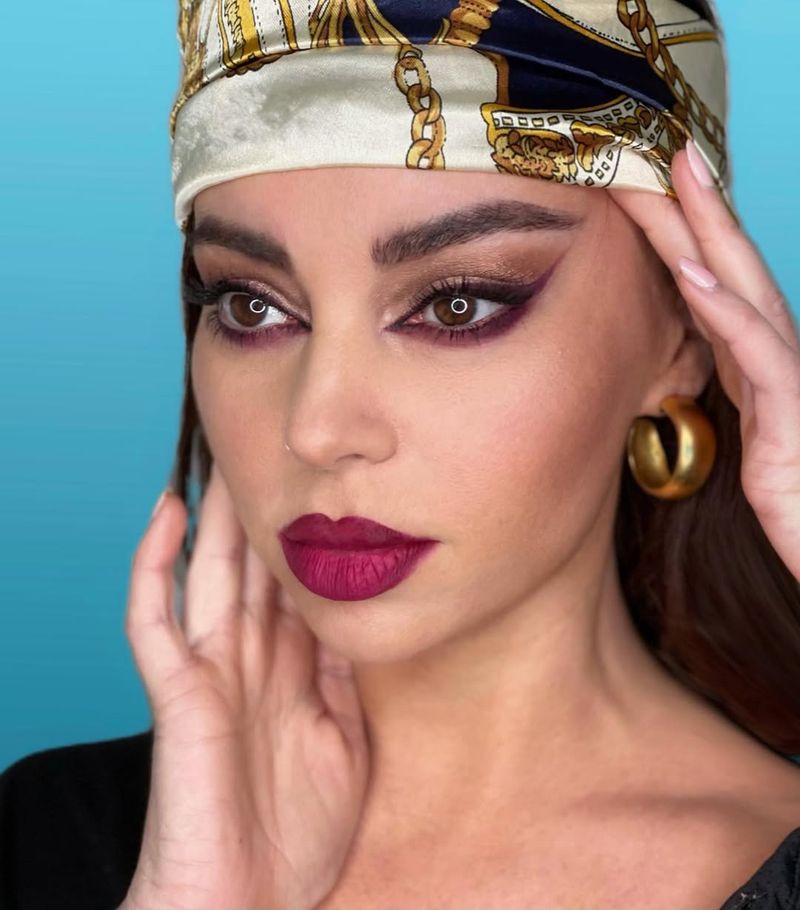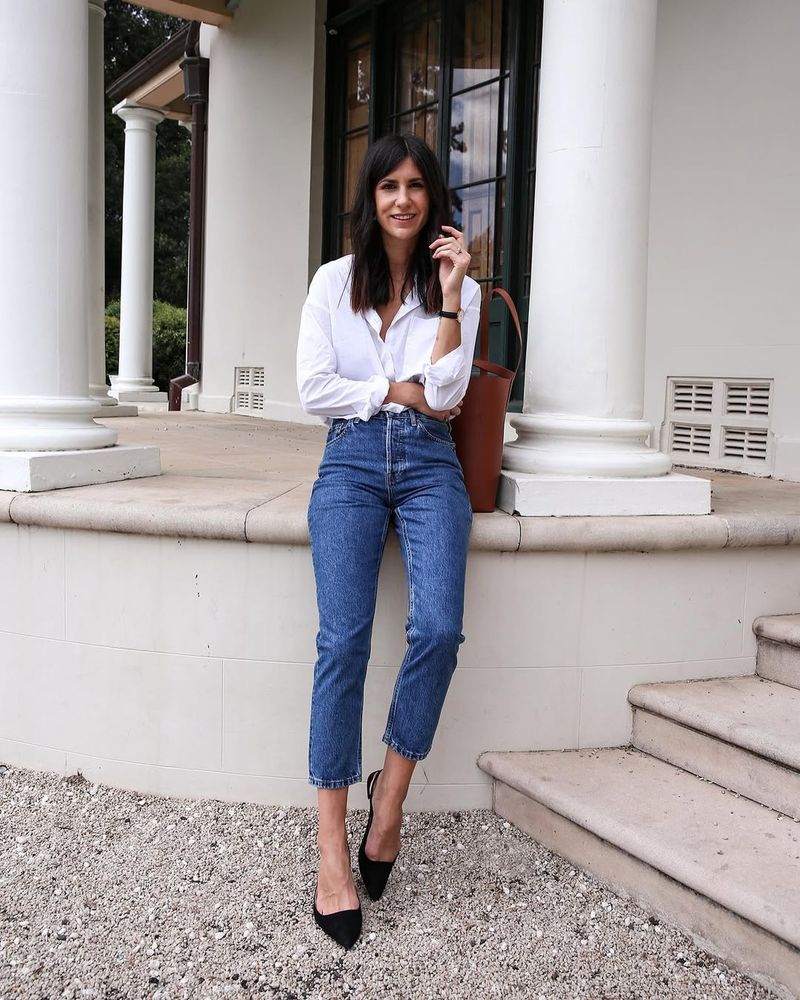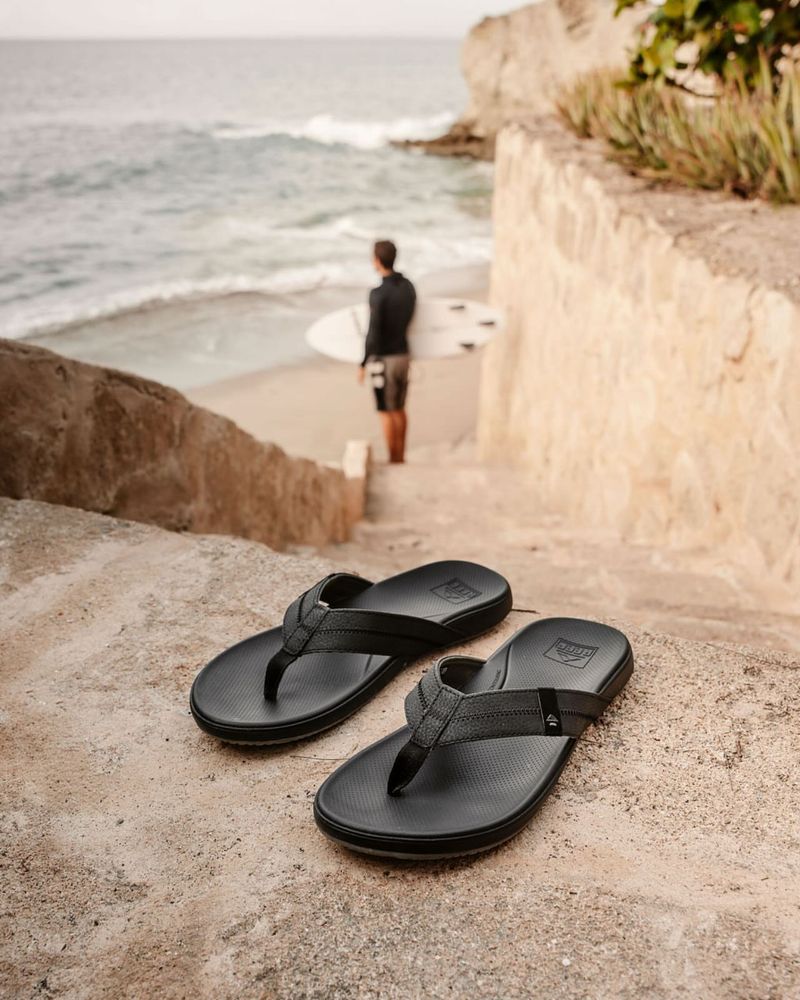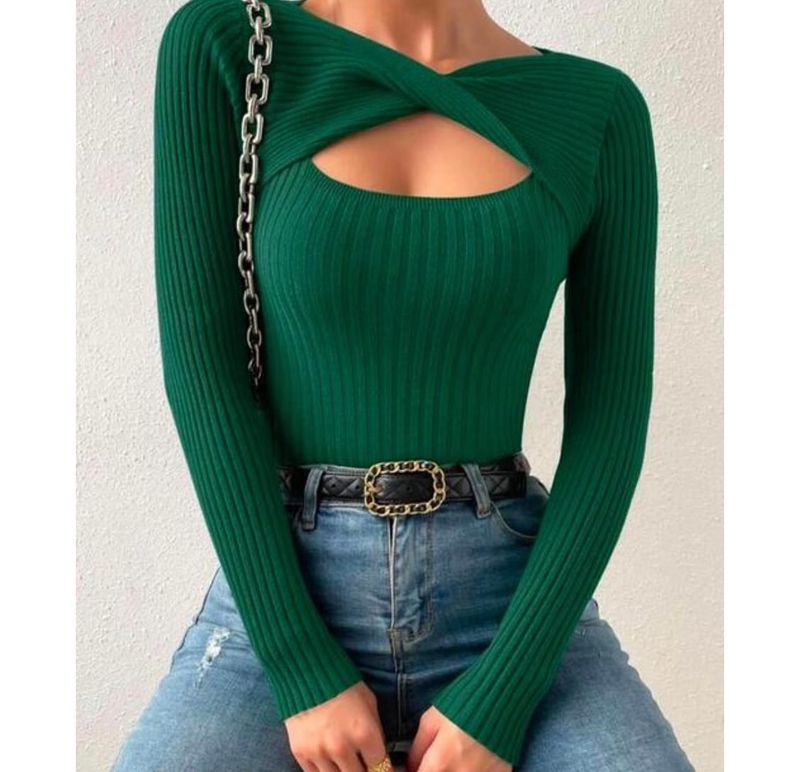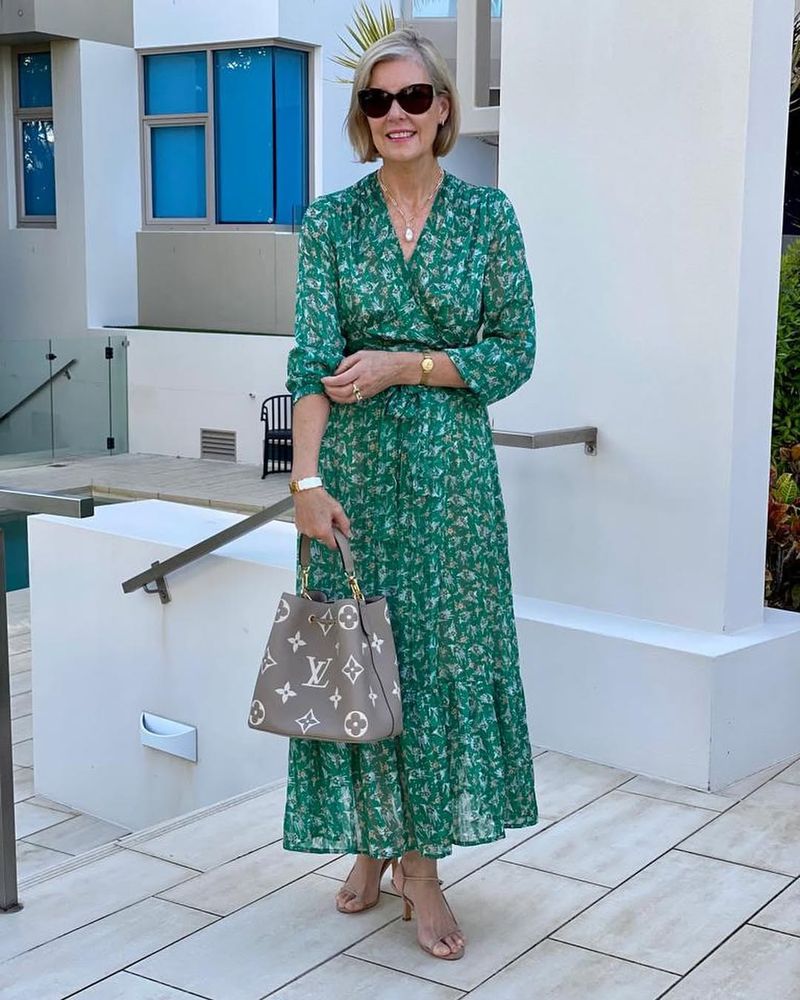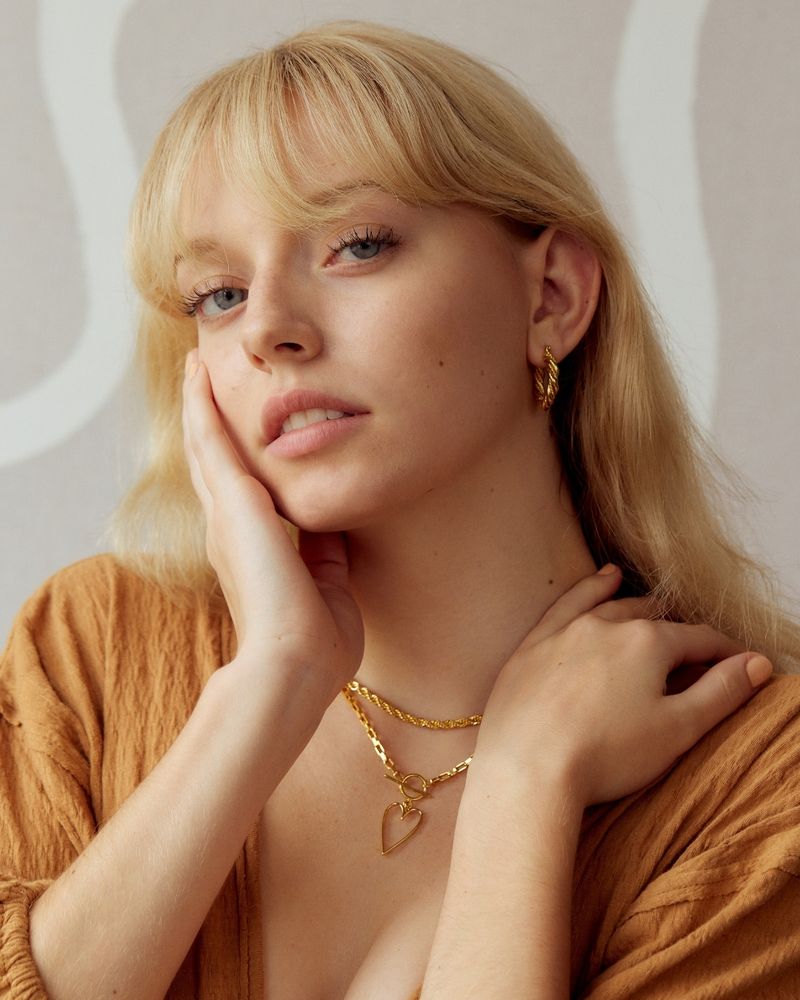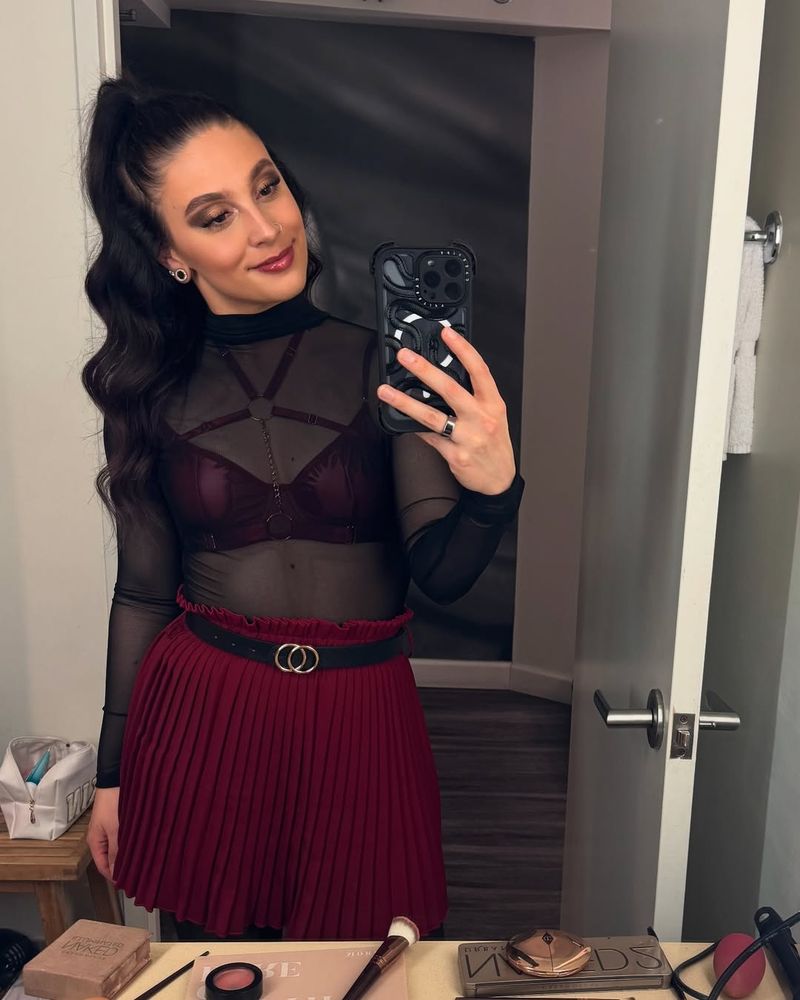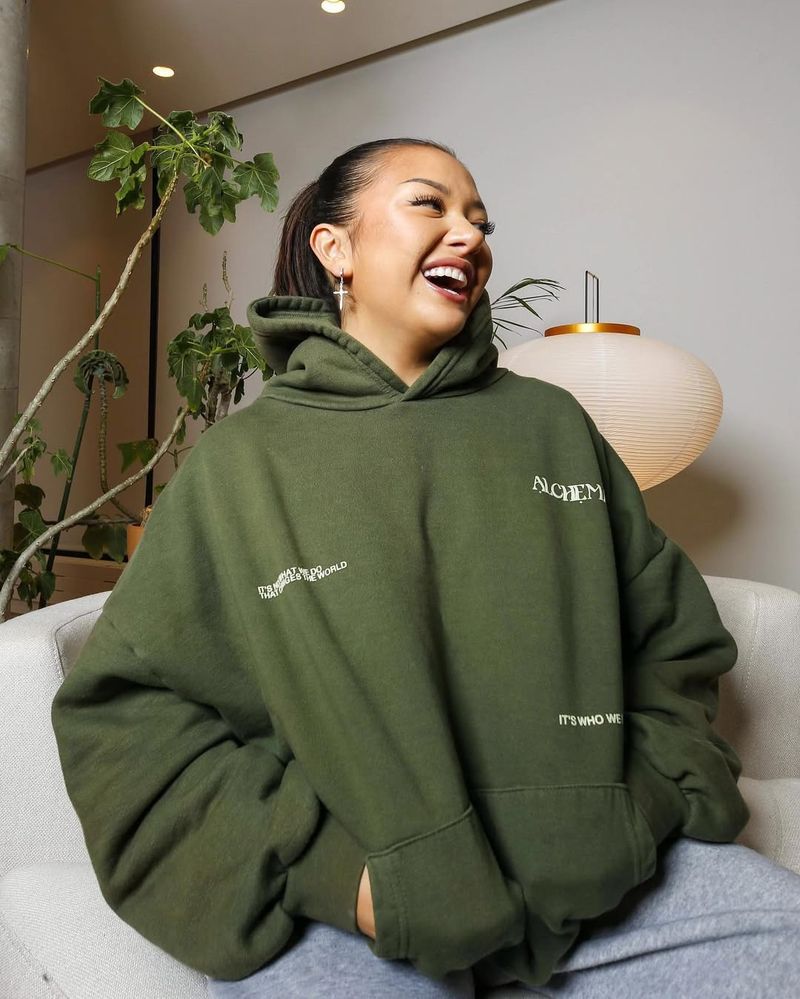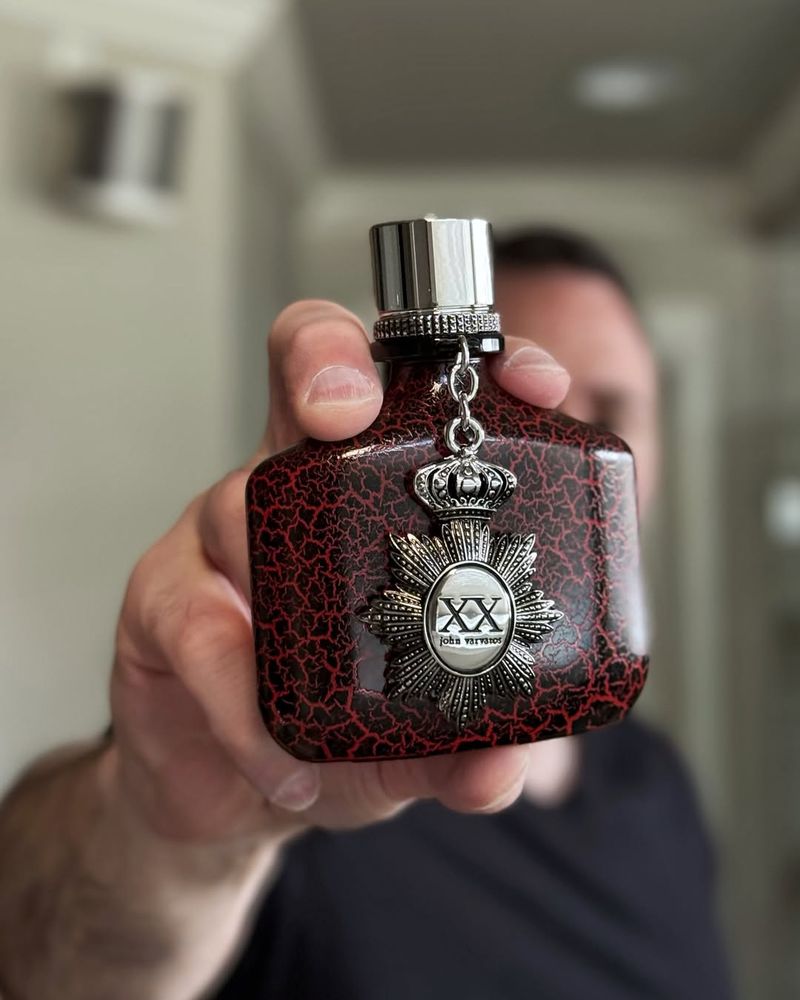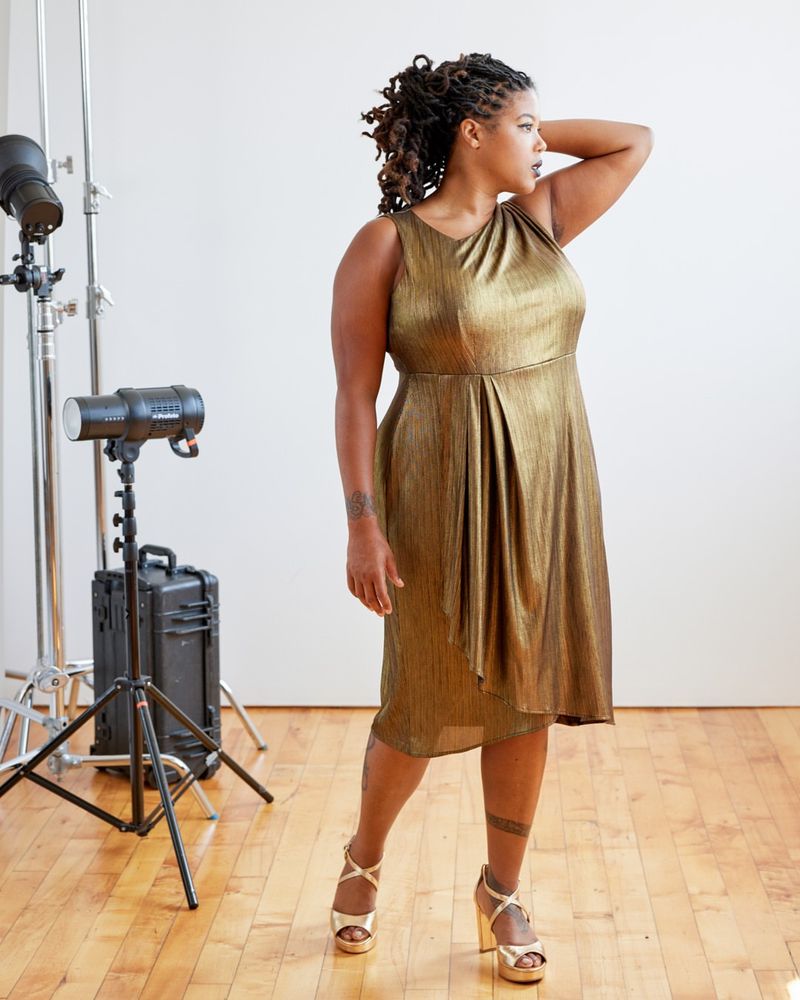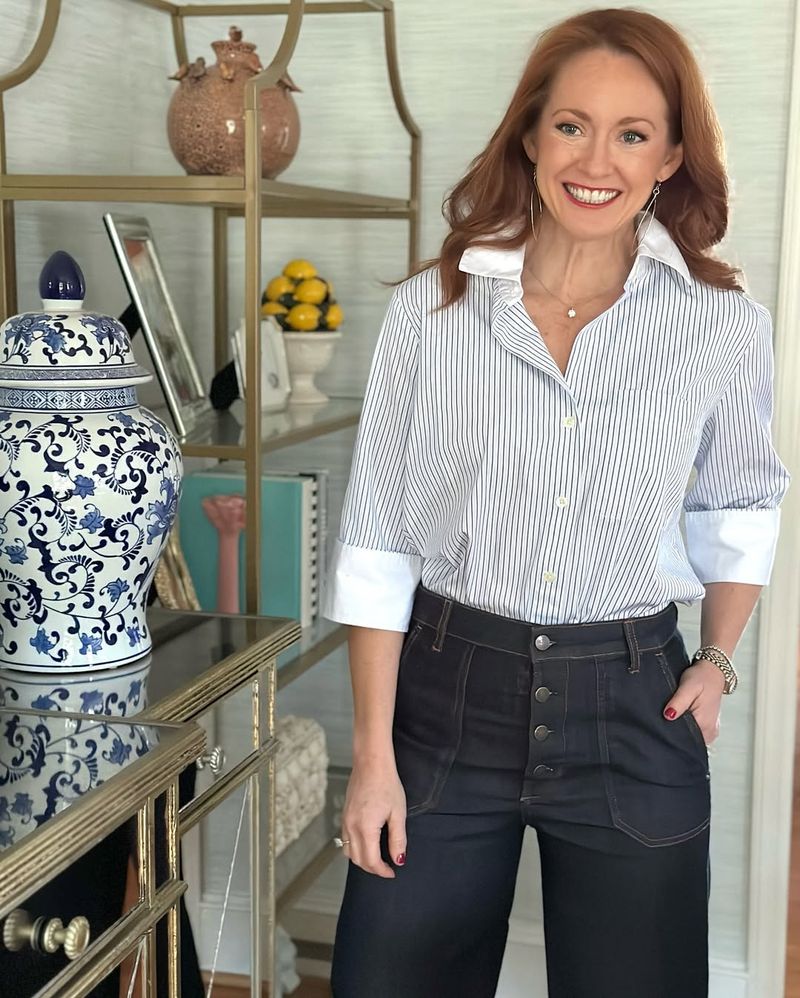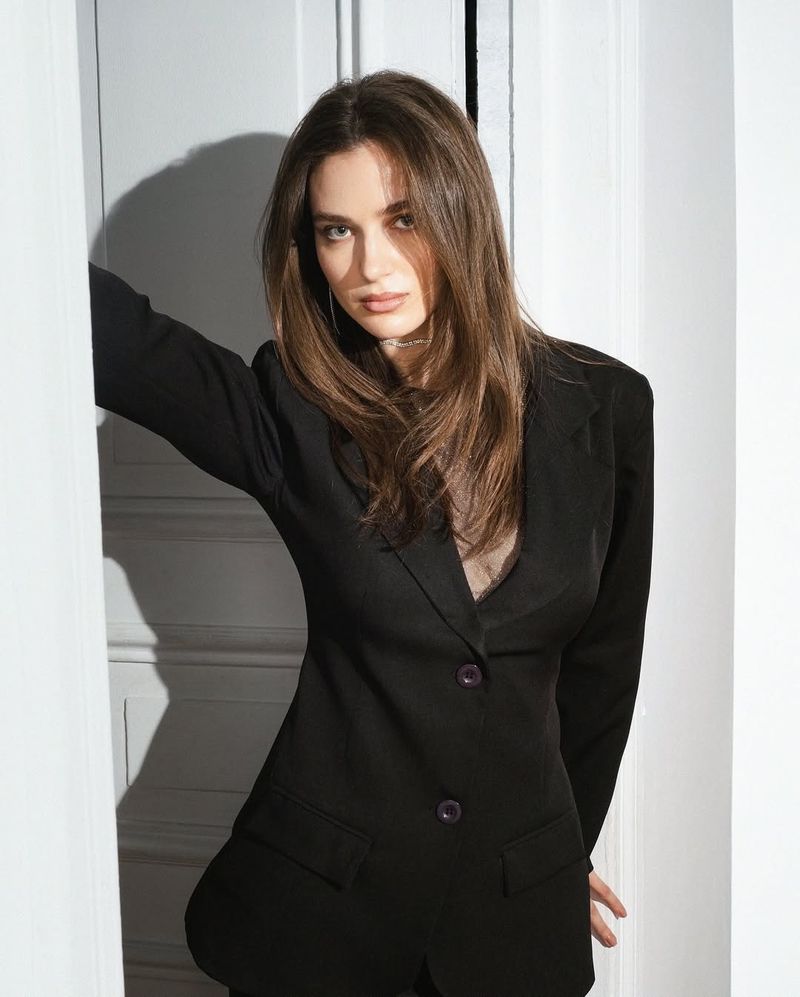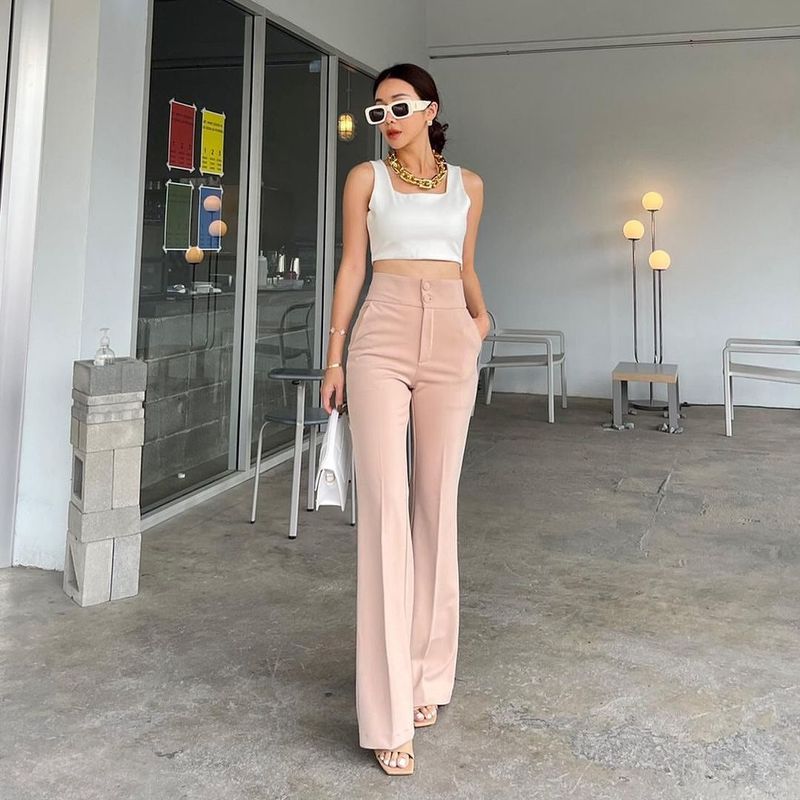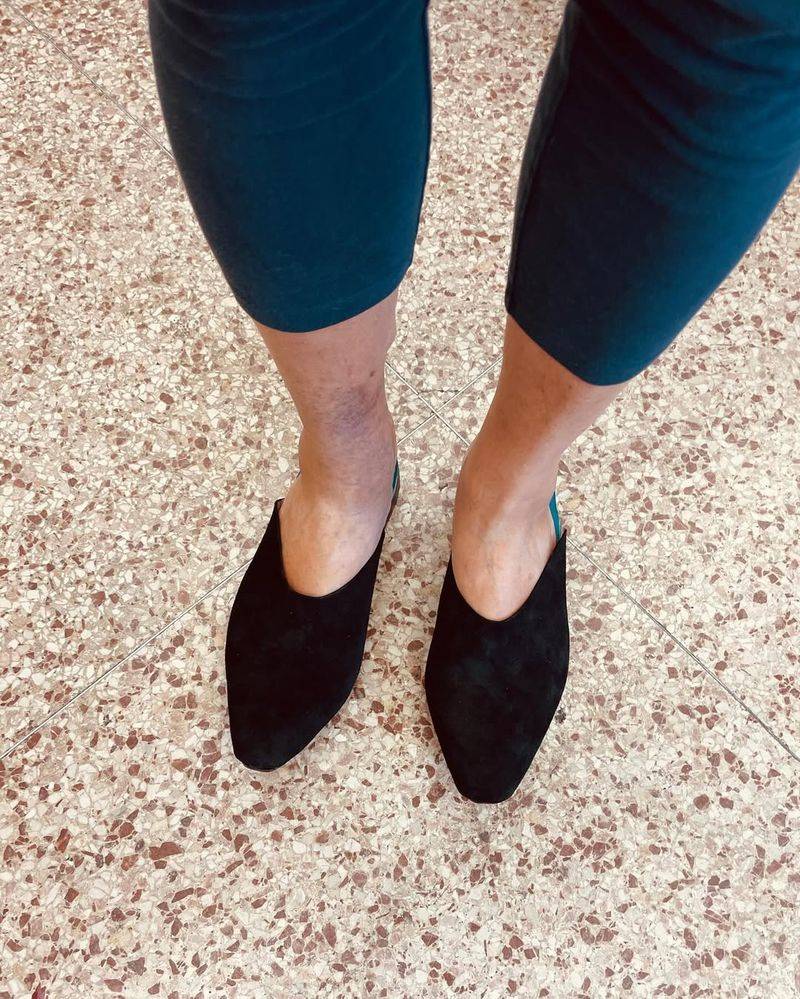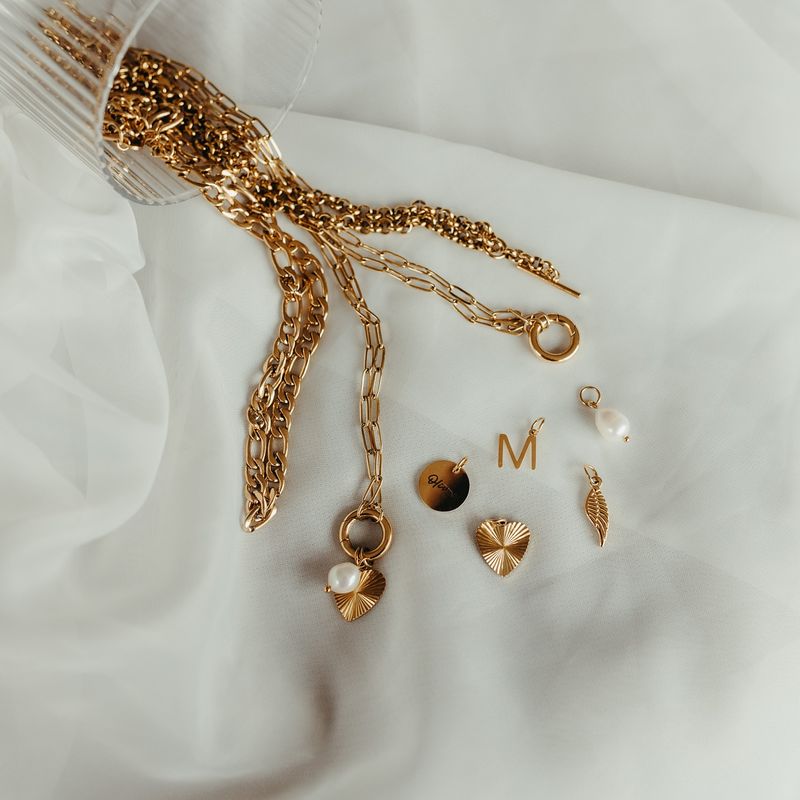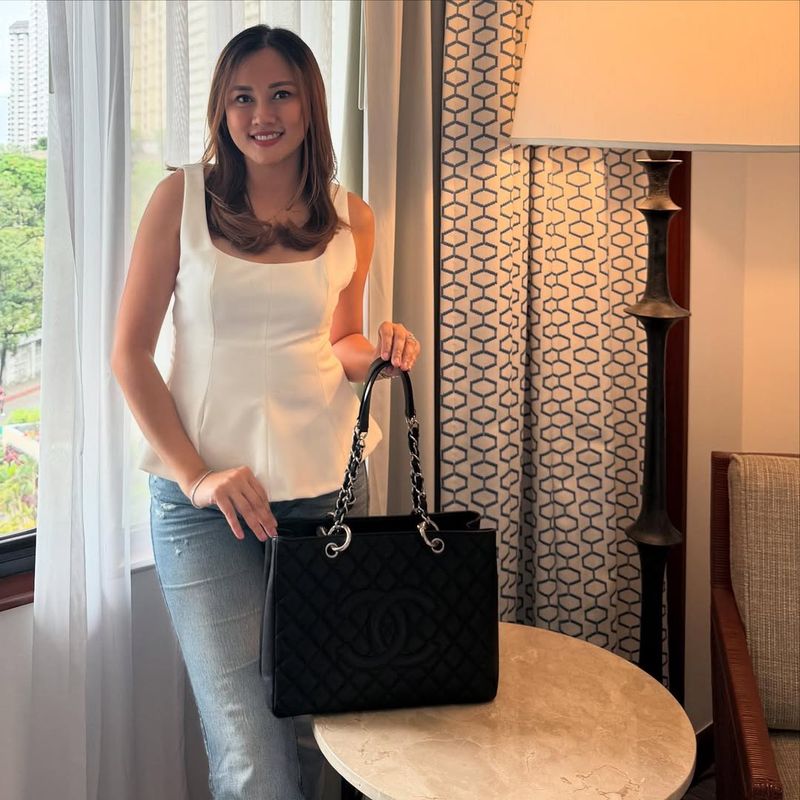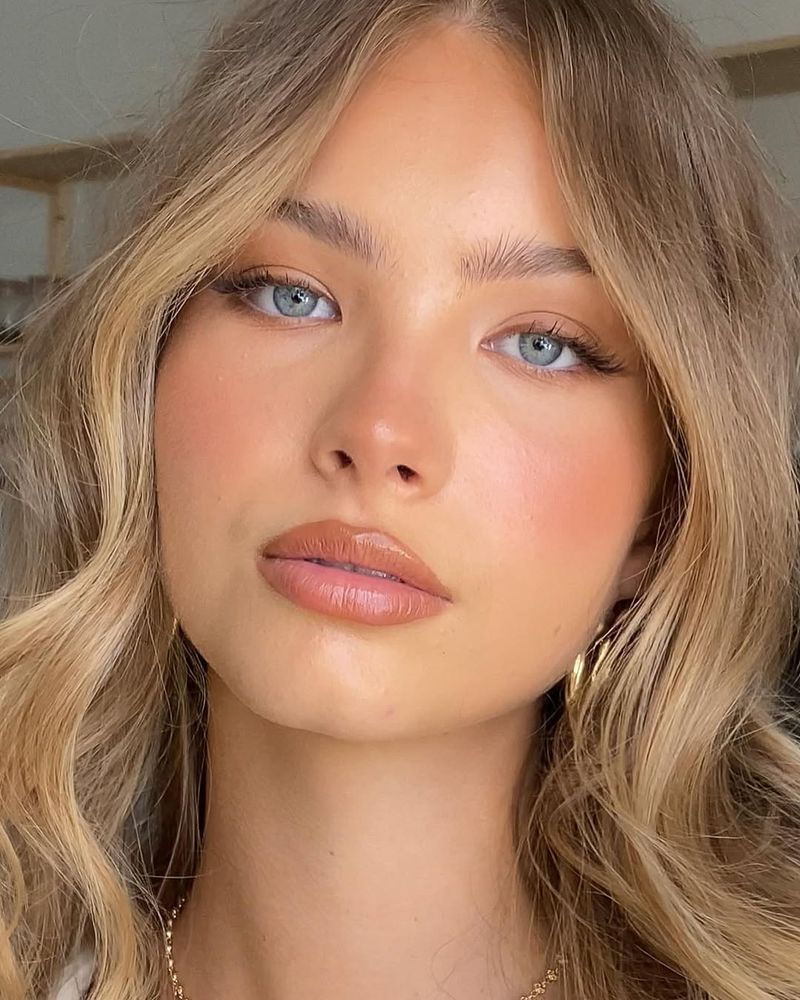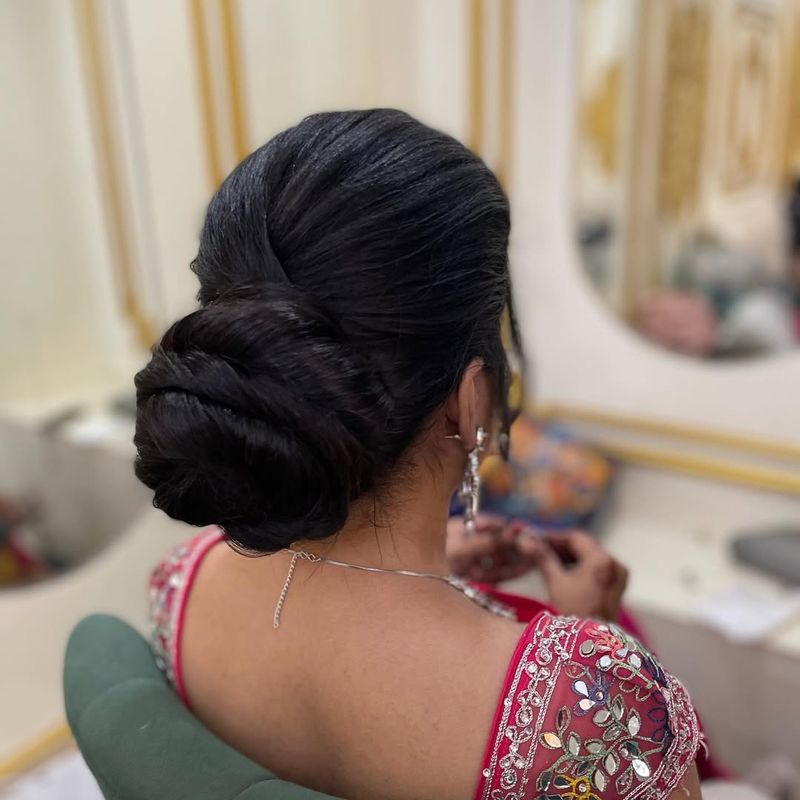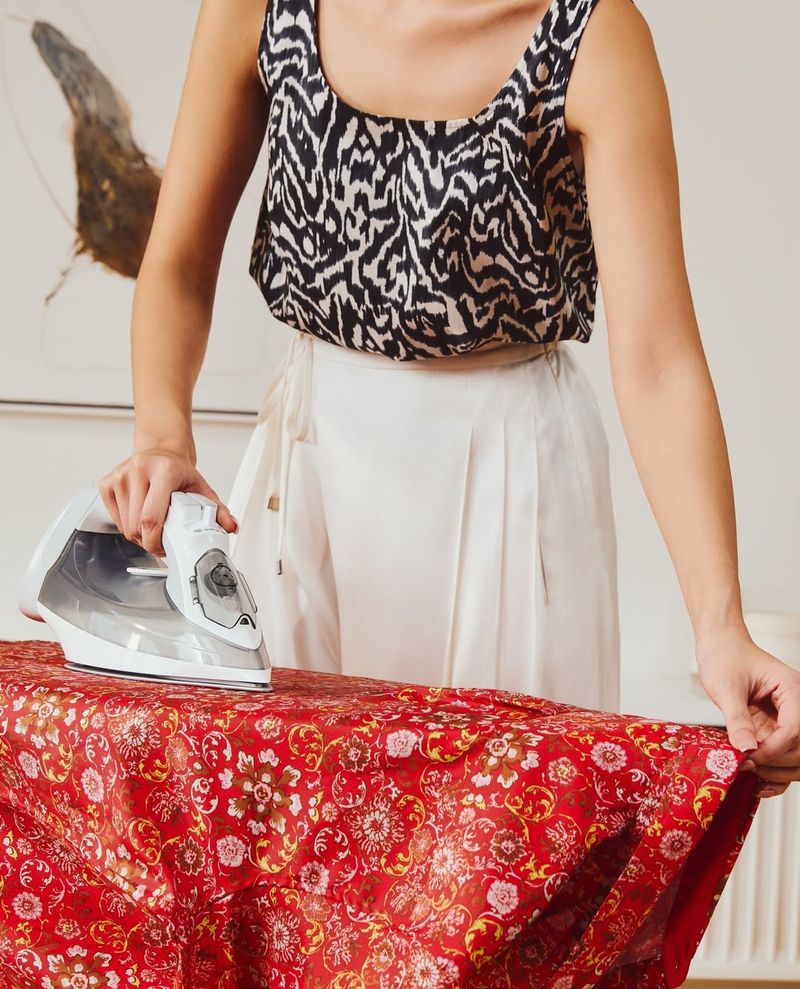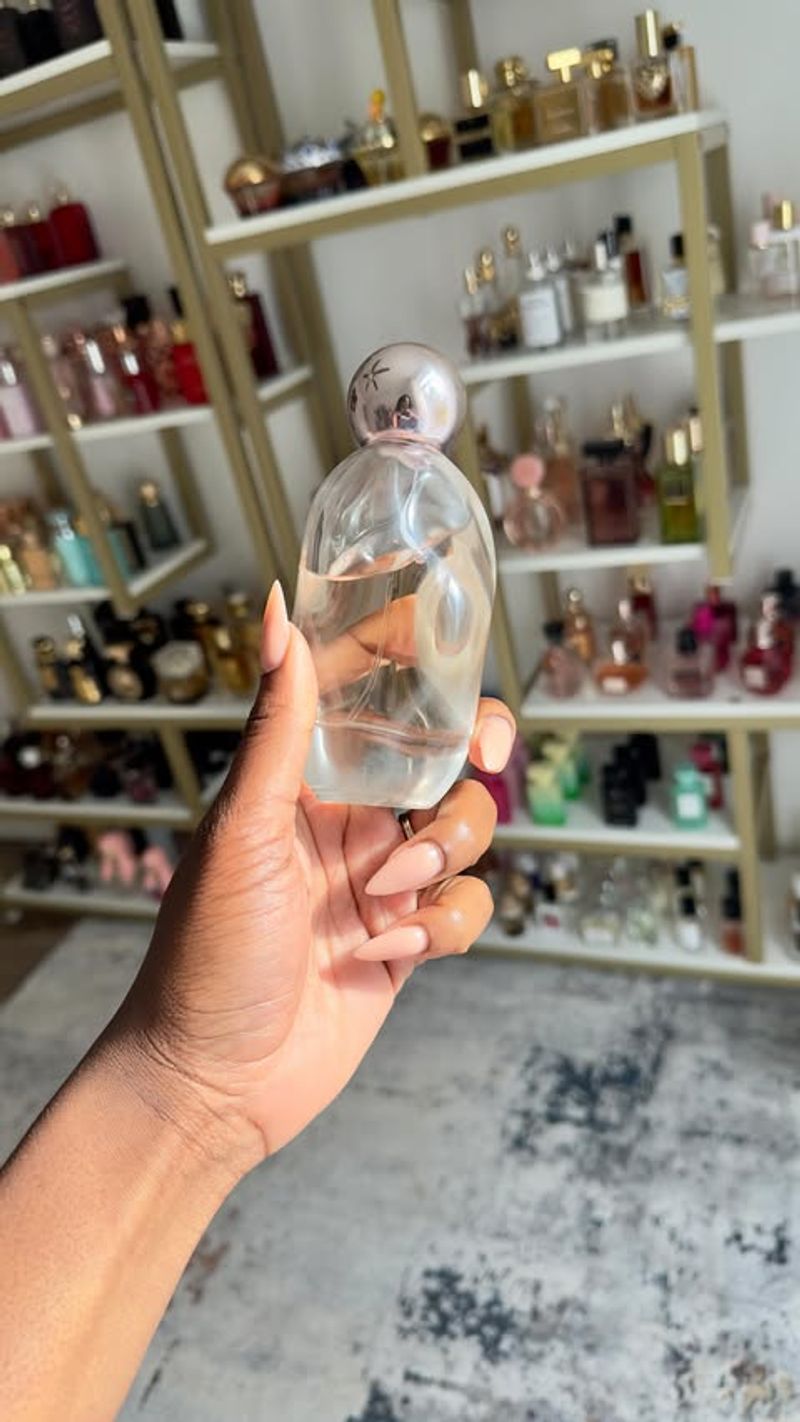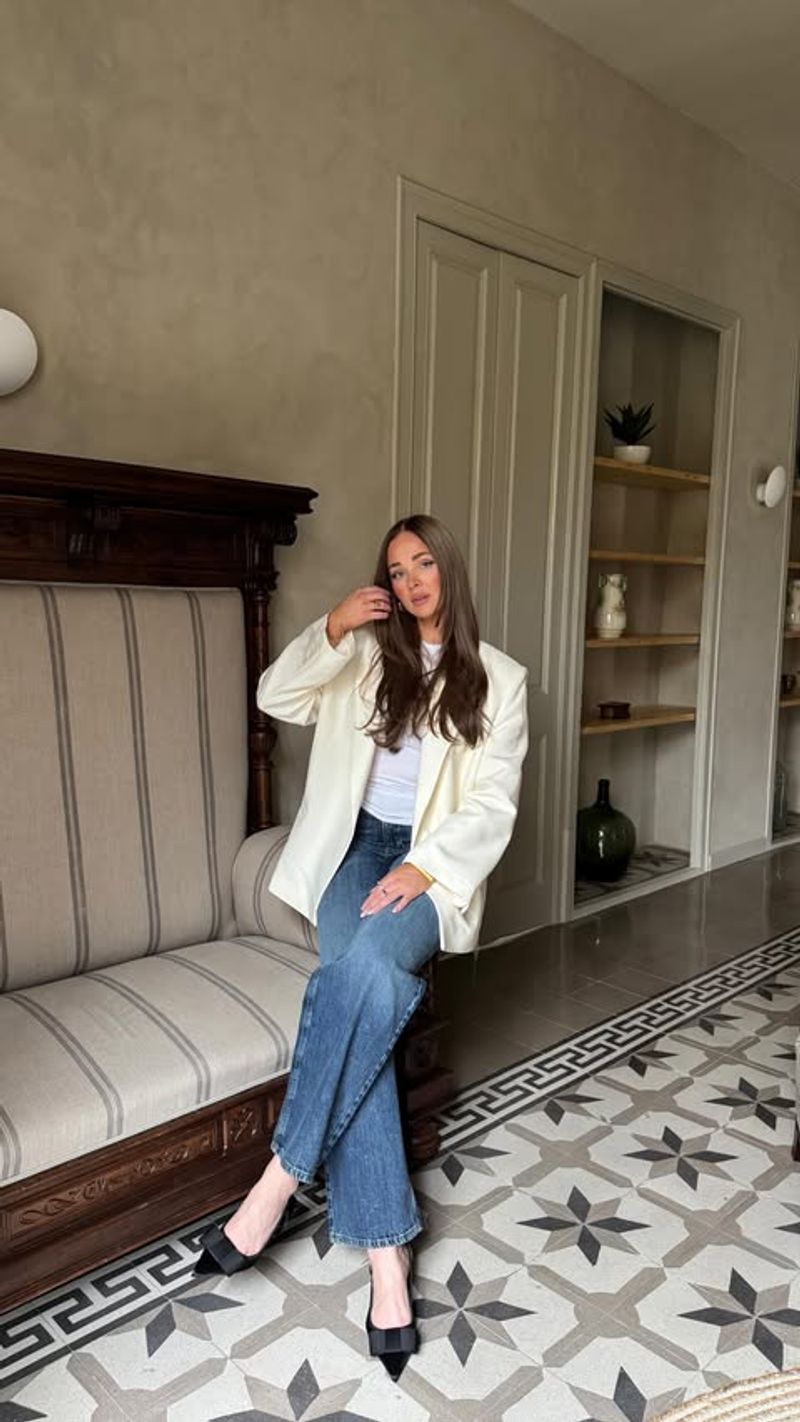The 11 Worst Things To Wear To A Job Interview & 11 That Keep You Professional
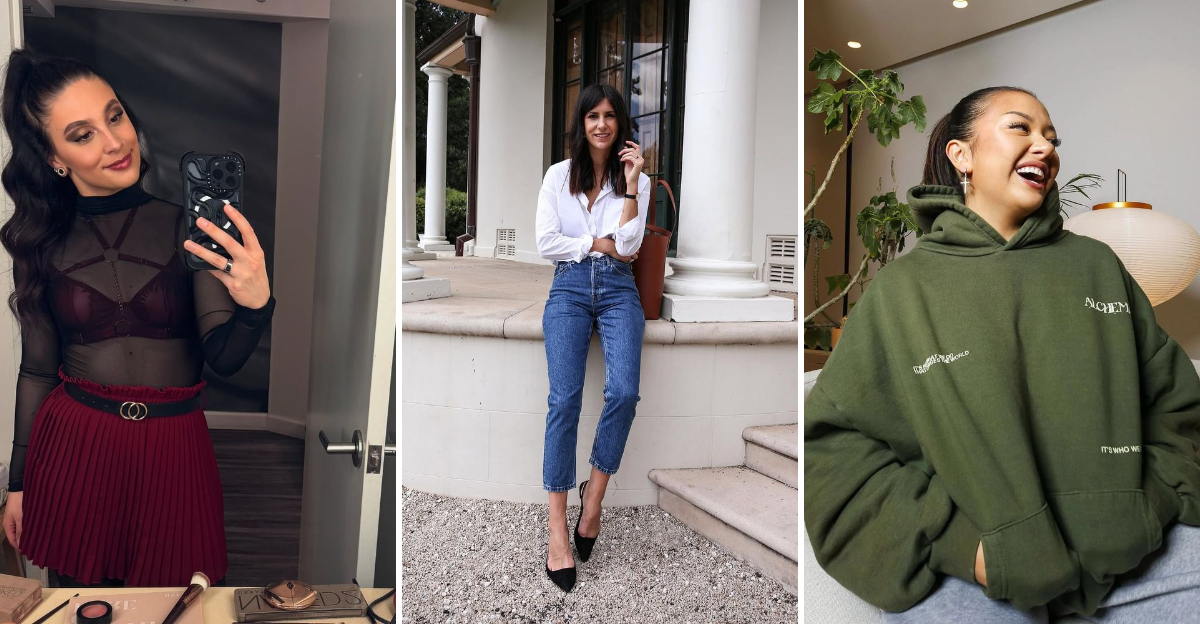
Job interviews are nerve-wracking enough without your outfit turning into the main act of a fashion faux pas.
Trust me, I’ve had that “oh no” moment—standing in front of the mirror, realizing my outfit was more brunch-with-friends than boardroom-ready. It’s like showing up to a wedding in white when you’re not the bride.
So, let’s unpack the wardrobe choices that can either help you land the job or have your resume working overtime.
1. Wrinkled clothes
Wrinkled clothes scream lack of preparation. Imagine entering an interview looking like you just rolled out of bed. It’s not the best way to make a lasting impression. Your appearance should reflect the seriousness and respect you have for the job opportunity.
Ironed clothes convey organization and attention to detail. A neat appearance suggests you are ready to tackle responsibilities with precision. So, grab that iron or steamer before stepping out. Consider it an investment in your future.
With crisp attire, you can focus on showcasing your talents and not worrying about distracting wrinkles.
2. Overly bold makeup
While bold makeup has its place, a job interview isn’t it. You want your skills and experience to be the focal points, not your neon eyeshadow. Imagine a conversation where your interviewer is more captivated by your lipstick than your answers.
Moderation is key—keep it natural and polished. A subtle look can enhance your features without overpowering your professional demeanor. Less is indeed more.
Save the dramatic flair for after-work events, where it can be appreciated without overshadowing your professional presentation.
3. Jeans—yes, even the dark wash
Jeans in an interview can send the wrong message. They might be comfortable, but they scream casual. Even the darkest wash can’t disguise the fact that jeans are not business attire. Imagine stepping into a boardroom and realizing you’re the only one in denim.
Opt for trousers or a skirt that convey professionalism and readiness. You want to be taken seriously, and jeans might just sabotage that first impression.
Reserve your beloved denim for weekend outings, not career-defining meetings. This choice shows you’re prepared and serious about the opportunity.
4. Flip-flops
Flip-flops at a job interview can make you the subject of the wrong type of conversation. Sure, they scream comfort and beach vibes, but in an office setting? Not so much. They fail to convey professionalism and can often seem disrespectful.
Closed-toe shoes are the way to go, offering a polished look that complements your attire. They say you’re here to work, not to walk along a sandy shore.
Keep those flip-flops for a beach day or casual outing. In the office, let your shoes reflect your commitment.
5. Tops with trendy cutouts
Trendy tops with cutouts can be a fashion statement, but not the kind you want in an interview. These styles may be chic but can also come off as unprofessional. You want your credentials to stand out, not your skin through fabric gaps.
Opt for tops that offer a clean, crisp look—think classic blouses or tailored shirts. A professional appearance speaks volumes about your seriousness and dedication.
Save the fashion-forward pieces for after-hours, where they can shine without overshadowing your professional image.
6. Distracting prints
Distracting prints can take the focus off your achievements and place them squarely on your attire. It’s like walking into a room with a neon sign around your neck. While patterns can be fun, interviews demand something more subdued.
Choose solid colors or subtle patterns. They let your skills and personality take center stage, enhancing rather than overshadowing your professional narrative.
Reserve the bold prints for social gatherings, where they can be appreciated without stealing your interview thunder. Subtlety in style often conveys confidence and focus.
7. Loud accessories
Loud accessories can make quite the statement, but is it the right one? In an interview, you want your experience to do the talking, not your oversized earrings or chunky necklace.
Subtle jewelry can add a touch of elegance without overpowering your professional image. It’s about finding that balance where style meets sophistication.
Keep the bold accessories for personal outings where they can shine without overshadowing your credentials. Remember, the focus should be on your qualifications, not your bling.
8. Anything see-through
See-through attire can send the wrong message entirely. You want your skills to be transparent, not your clothing. Interviews are about professionalism and making a lasting impression for the right reasons.
Opt for fabrics that provide the coverage necessary to keep the focus on your abilities. A well-chosen outfit can showcase your readiness and respect for the opportunity.
Save the sheer styles for more casual settings where they won’t detract from your professional demeanor. Your attire should complement, not complicate, your interview experience.
9. Hoodies or sweatshirts
Hoodies might be your go-to comfort wear, but in an interview, they scream informality. Imagine sitting across from a hiring manager, and your casual attire does all the talking.
Swap the hoodie for a tailored jacket or blazer. It transforms your look from relaxed to ready, showcasing your commitment to the role.
Keep the sweatshirts for weekends or casual gatherings. In professional settings, let your attire reflect your dedication and readiness for the job.
10. Heavy perfume or cologne
Heavy fragrances can be overwhelming in confined spaces. You want your qualifications to leave a mark, not your overpowering scent.
Opt for a light, fresh scent or none at all. It’s about ensuring your skills shine through, unclouded by any olfactory distractions.
Save the strong perfumes for social events where they can be appreciated. In an interview, subtlety in scent complements your professional poise.
11. Clothes that don’t fit well
Ill-fitting clothes can send the wrong message. They might suggest a lack of attention to detail, which is not ideal when you want to convey precision and professionalism.
Choose attire that fits well, offering comfort and confidence. A well-fitted outfit can enhance your presentation, showcasing your readiness for the role.
Avoid the discomfort of baggy or overly tight clothes in professional settings. Let your attire demonstrate your attention to detail and respect for the opportunity.
12. Crisp button-down shirt
Nothing says “I mean business” quite like a crisp button-down shirt. Its simplicity and elegance create a strong foundation for any interview outfit, allowing your skills to remain the focus.
A well-chosen button-down can speak volumes about your professionalism and attention to detail, offering a clean, polished look that exudes confidence.
Pair it with tailored trousers or a skirt, and you’re ready to make a memorable impression. This classic piece is a staple in professional attire, setting the stage for success.
13. Tailored blazer
A tailored blazer can elevate your look instantly, adding a layer of sophistication that reads ready-for-business. Imagine it as a suit of armor, empowering you as you step into the interview arena.
Its structured design provides a sharp silhouette, enhancing your professional presence. Paired with a crisp shirt, it forms a formidable combination.
This versatile piece transcends the interview room, becoming a staple in your professional wardrobe. A blazer is more than just clothing—it’s a statement of intent and determination.
14. Neutral-colored trousers
Neutral-colored trousers are the unsung heroes of professional attire. They provide a solid foundation that complements a variety of tops, ensuring your outfit remains cohesive and polished.
These trousers offer versatility, allowing you to mix and match with ease. They’re the silent supporters, letting your skills and confidence take center stage.
In an interview, such trousers convey seriousness and readiness. They’re not just clothing; they’re the canvas for your professional narrative, quietly supporting your stride towards success.
15. Closed-toe shoes
Closed-toe shoes are a staple in interview attire, offering a polished and professional look that speaks volumes about your seriousness. They complete your outfit with grace, ensuring nothing distracts from your qualifications.
Opt for shoes that offer comfort, allowing you to focus on presenting your best self without distractions. These shoes stand as symbols of readiness and commitment.
Reserve the open-toed options for casual gatherings. In professional settings, closed-toe footwear is the reliable choice, anchoring your appearance in confidence and professionalism.
16. Minimal jewelry
Minimal jewelry can add a touch of elegance without overwhelming your professional attire. It’s the subtle whisper in a room full of loud voices, enhancing your look without detracting from your message.
Opt for simple pieces that complement your outfit, allowing your qualifications to shine through. It’s the balance of style and sophistication.
In interviews, less is more. Minimal jewelry helps keep the focus where it belongs—on you and your abilities, ensuring your talents remain in the spotlight.
17. A structured handbag or briefcase
A structured handbag or briefcase is more than just an accessory—it’s a symbol of organization and preparedness. These items suggest that you mean business, ready to tackle challenges head-on.
They offer a professional appearance, complementing your attire while providing practical utility. A well-chosen bag says you have everything you need within reach.
In an interview, such accessories underscore your readiness and attention to detail. They’re not just carriers of essentials; they’re an extension of your professional persona.
18. Subtle makeup
Subtle makeup can enhance your features without overshadowing your professional image. It’s the gentle touch that complements your attire, allowing your skills to take the spotlight.
Opt for natural tones that highlight rather than overpower. This approach ensures your credentials remain the focus, not your cosmetics.
In interviews, subtlety in makeup aligns with professionalism, enhancing your confidence without distraction. It’s the perfect balance of elegance and restraint, supporting your journey towards success.
19. A neat hairstyle
A neat hairstyle can frame your face and complete your professional look. It’s like the final brushstroke on a masterpiece, tying your appearance together with finesse.
Choose a style that complements your look and stays put throughout the interview. This ensures your focus remains on the discussion, not on adjusting your hair.
In a professional setting, a neat hairstyle speaks of your attention to detail and readiness. It’s the cherry on top of your polished presentation, enhancing your confidence and poise.
20. Clean, ironed fabrics
Clean, ironed fabrics can set the stage for a successful interview. They signal preparation and attention to detail, two qualities that are invaluable in a professional setting.
Imagine stepping into an interview with crisp clothes that speak of your readiness and respect for the opportunity. It’s the quiet confidence that makes a bold statement.
In professional attire, the power of well-maintained fabrics cannot be overstated. They convey a silent message of competence and dedication, supporting your path to success.
21. Light, fresh scent (or none at all)
A light, fresh scent or none at all is the understated choice for interviews. It’s the delicate touch that complements your professional presence without overpowering it.
Fragrances should be subtle, enhancing your confidence without distracting from your skills. It’s about finding the balance that supports, not overshadows, your expertise.
In an interview, this approach allows your abilities to take center stage. A light scent is the perfect accompaniment to your professional demeanor, ensuring your qualifications shine through.
22. Confident posture and a genuine smile
Confident posture and a genuine smile can transform your interview experience. They speak of self-assurance and enthusiasm, qualities that resonate with interviewers.
A strong posture conveys readiness and determination, while a smile offers warmth and approachability. Together, they create a powerful first impression.
In interviews, these non-verbal cues are as important as your resume. They set the tone for a positive interaction, amplifying your professional narrative with authenticity and charm.
